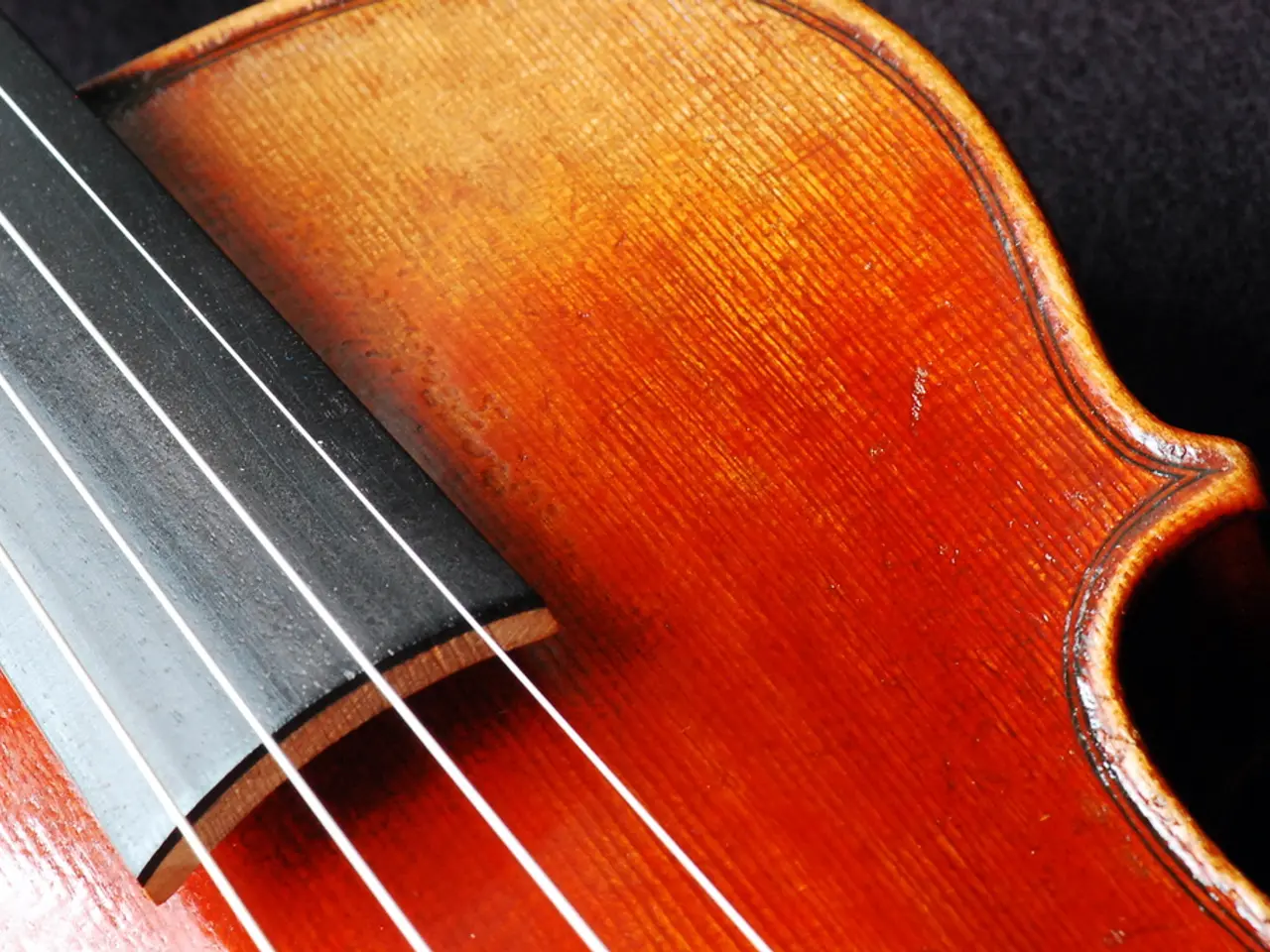Fundamental Scale Choices for Novice Guitarists
In the world of music, scales play a crucial role in creating melodies and harmonies. One such scale that is a favourite among guitarists is the D Major Scale.
The D Major Scale consists of the notes: D, E, F♯, G, A, B, C♯, D. This seven-note sequence, following the familiar interval pattern of whole and half steps (Whole - Whole - Half - Whole - Whole - Whole - Half), is a stepping stone to mastering other major scales.
Guitarists find the D Major Scale appealing due to its two sharps (F♯ and C♯), making it a favourite for various genres, including rock, pop, blues, and country. By internalizing this scale, musicians can navigate chord progressions in D major more fluently.
Learning the scale's patterns across the fretboard helps players create coherent melodies. Moreover, practicing the D Major Scale develops finger dexterity, alternate picking accuracy, and overall familiarity with the instrument's neck.
Another core scale for guitarists is the G Major Scale, which follows the major (Ionian) interval pattern (Whole - Whole - Half - Whole - Whole - Whole - Half) and takes full advantage of open strings. Its natural resonance and ease of fingering make it a favourite in genres such as folk, country, and pop.
The term "Ionian" originates from medieval and Renaissance music theory. The D Major Scale is built from the Ionian mode, and the G Major Scale follows the same major interval pattern.
For beginners, the C Major Scale or the Ionian Mode is the most important scale to learn. As musicians progress, they can explore other common types of guitar scales, such as minor, pentatonic, and blues scales.
Guitar scales are organisational sequences of notes used as building blocks for melodies and solos on the guitar. They help musicians understand note relationships, create chord progressions, and develop solos. By mastering these scales, musicians can navigate the fretboard with confidence and create beautiful music.
In conclusion, the D Major Scale is a fundamental scale for guitarists, serving as a stepping stone to mastering other major scales. Practicing this scale not only improves technical skills but also aids in understanding the relationships between notes, creating melodies, and navigating various genres.








